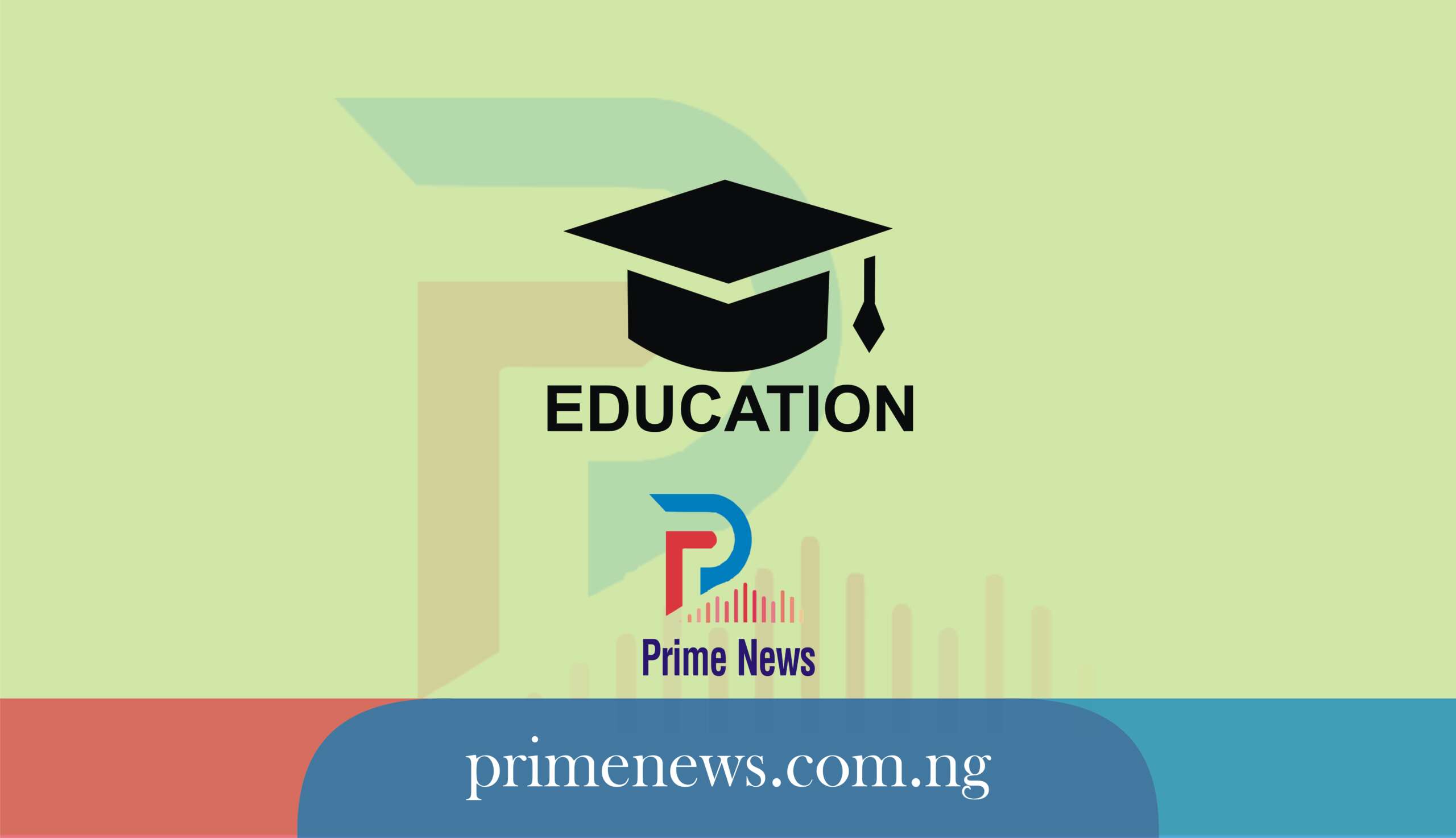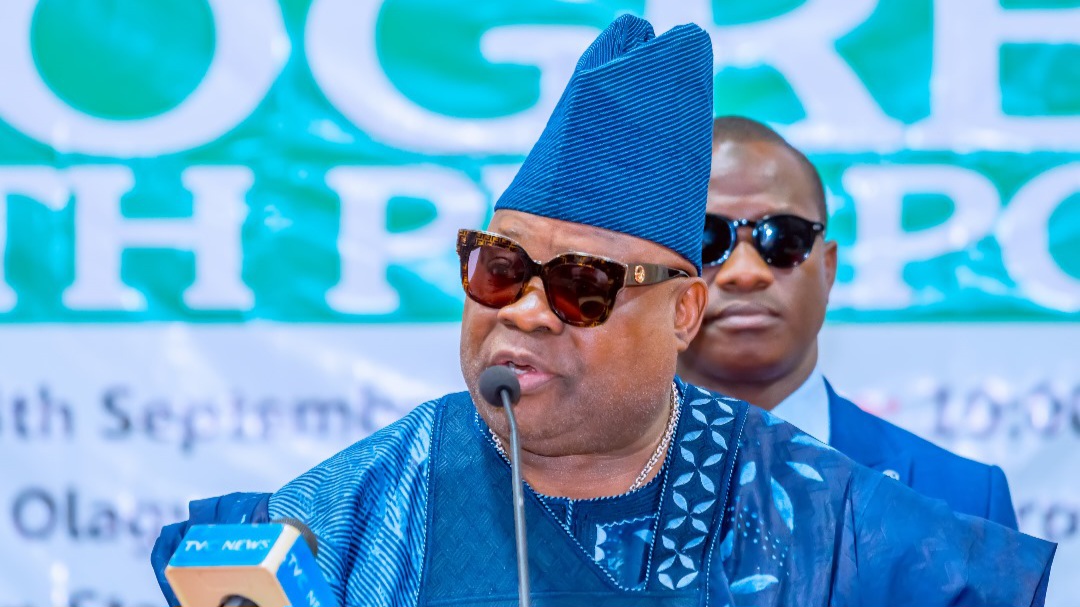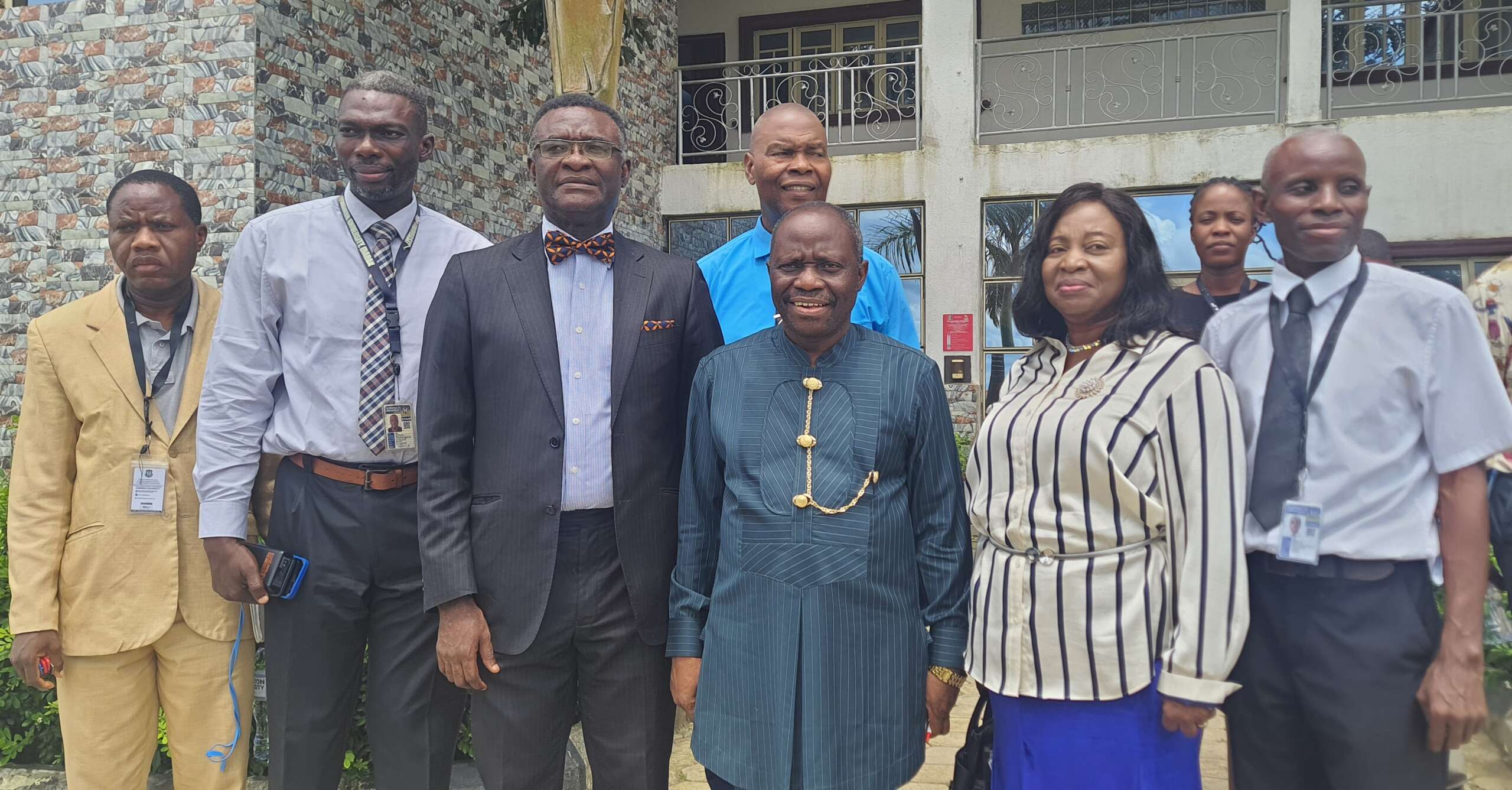 Stakeholders in Nigeria’s education sector have reiterated the need to revisit Nigeria tertiary education policy frameworks to better accommodate its unique dynamics, foster dialogue to address concerns, and invest in capacity building to enhance institutional resilience and effectiveness.
Stakeholders in Nigeria’s education sector have reiterated the need to revisit Nigeria tertiary education policy frameworks to better accommodate its unique dynamics, foster dialogue to address concerns, and invest in capacity building to enhance institutional resilience and effectiveness.
While exploring the profound and unintended consequences of federal government policies on the higher education landscape in Nigeria at the 2024 University of Ibadan Alumni Lecture on Friday, several speakers at the event noted that the government policies which were originally conceived with the noble intentions have introduced a myriad of complexities and challenges within the realm of higher education.
In his remarks, the Chairman of the occasion, Mr Akinwunmi Akinfemiwa, the Managing Director Geregu Power Plant and Forte Oil, said that many Nigerian universities have undergone significant transformations due to federal government policies which unfortunately had affected tertiary institutions in the country.
Akinfemiwa who was represented by the Business Administrator, Geregu Power Plc, Mr Adebola Adesanmi, lamented the severe lack of funding that has crippled the government’s tertiary education sector, compromising its ability to deliver world class education to a large proportion of Nigerian youth.
He said that the ripple effects of the policies have reverberated throughout the Nigerian university system, shaping the experiences of all stakeholders from bureaucratic hurdles to disruptions in academic operations, from financial constraints to concerns about institutional autonomy.
“As we embark on this journey of critical inquiry, we need to scrutinize the impact of specific initiatives such as the Integrated Personnel and Payroll Information System (IPPIS), the Treasury Single Account (TSA), and the Government Integrated Financial Management Information System (GIFMIS) – on our tertiary institutions.
“Additionally, the morale among lecturers and staff in government institutions has plummeted and adversely affected tertiary institutions’ ability as research and development incubators, a factor that must be considered when drafting policies, “he said.
Akinfemiwa noted that addressing these unintended consequences requires collaborative efforts from the government, university administrators, faculty, and students.
He reiterated the need to foster a climate of dialogue, innovation, collaboration, and adaptability in tackling the unintended effects of federal government policies on Nigerian universities.
“By acknowledging challenges, identifying solutions, and by embracing collective action, we can navigate these complexities and pave the way for a vibrant, inclusive, and sustainable higher education sector that meets the needs of students, faculty, and society at large.
“Through robust discourse and informed dialogue, we aim to uncover insights that can inform policy reform, institutional decision-making, and advocacy efforts aimed at safeguarding the integrity and vitality of our higher education institutions, “he said.
Speaking also, the Guest Lecturer, Prof. Olufemi Peters, Vice-Chancellor National Open University of Nigeria, said Nigerian universities confront numerous challenges and that the negative perceptions surrounding these institutions reflect the needs for reforms, enhanced governance, accountability measures, and increased investment in higher education.
According to him, the unintended consequences of government policies such as the Treasury Single Account (TSA) and Integrated Payroll and Personnel Information System (IPPIS) have affected university staff, students, and the overall functioning of the education sector.
He said to address these unintended consequences in ensuring that policies effectively support the goal of providing quality education for all, a thorough review of these policies is crucial in improving the quality and effectiveness of the university system.
“Despite the myriad of funding sources available to federal universities, it is clear that there is a problem of underfunding. It is also clear that this is a consequence of the expansion of the system in response to the growing demand for university education and the intensifying needs of the modern economy driven by knowledge, without a corresponding increase in available resources.”
Prof Peter urged government policy makers and implementers to prioritise robust stakeholder engagement, collaboration, and advocacy to address the unintended consequences of policies affecting the university community and society at large.
Earlier in his welcome address, the President, University of Ibadan Alumni Association Worldwide (UIAA), Prof. Saawua Gabriel Nyityo, emphasized the need to explore the matrix of unintended consequences of the Federal Government on federal universities.
“The bottom line is whether we are talking about internationalization of our universities as centres of excellence in a globally competitive world or about the creation of an African University that meets the yearnings of Africans in a globalized world- there are some challenges to contend with.
“Thus warranting government intervention especially through policy guidelines. But attempts to solve one problem tends to throw up new ones from time to time, “the president said.





